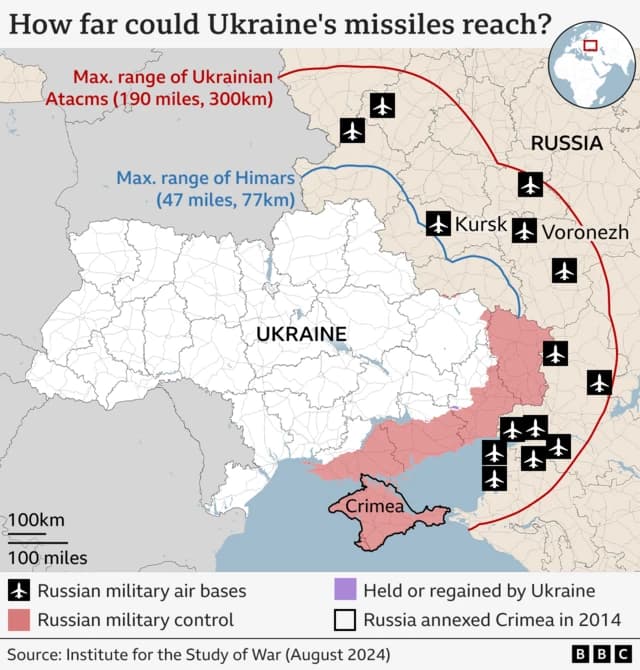Body Believed to Be Hostage Transferred by Militants to Red Cross
Israeli officials said militants in Gaza handed over a body believed to be a hostage to the International Committee of the Red Cross, a development that underscores the continued human toll and complexity of negotiations. The handover, carried out near Deir al Balah and escorted by ICRC personnel, could affect the pace of humanitarian access and the political dynamics surrounding prisoner exchanges.
Listen to Article
Click play to generate audio
Israeli authorities reported that militants in Gaza handed over to the International Committee of the Red Cross a body believed to be one of the hostages taken earlier in the conflict, as a Red Cross convoy moved through central Gaza toward a border crossing for transfer to Israeli officials. The movement occurred on Thursday, November 13, with images from the scene showing ICRC staff accompanying militants east of Gaza City and a convoy passing through Deir al Balah toward the Israeli border.
The handover is the latest and most concrete sign of limited cooperation on humanitarian matters between the warring sides. It comes amid sustained fighting that has repeatedly disrupted efforts to account for hostages and recover remains. The ICRC, which frequently acts as a neutral intermediary in conflict zones, facilitated the transfer in what the agency described to partners as an operational effort to deliver the body to Israeli authorities.
Beyond the immediate human and legal dimensions, the transfer has broader political and economic consequences. In the short run, any progress on returning hostages or remains tends to reduce some political pressure on governments to escalate operations, while also raising expectations that negotiated exchanges remain possible. Conversely, setbacks in such recoveries can harden positions and prolong military campaigns, with direct fiscal and market consequences.
For the Israeli economy, prolonged conflict raises budgetary costs and risks to growth through higher defense spending, disruptions to tourism and trade, and elevated uncertainty for businesses and investors. Financial markets in the region typically price in such risks through higher volatility in equities and a modest shift into safe haven assets. International aid flows and reconstruction pledges are also conditioned on security developments, meaning that measured progress on humanitarian issues can be a factor in unlocking donor commitments.
On the humanitarian front, the involvement of the ICRC underscores the limits of diplomatic channels in an environment where nonstate armed groups control territory and parties are distrustful of one another. The transfer to a neutral organization adheres to customary international humanitarian practice for handling remains, yet it does not resolve wider questions about access, the fate of other missing persons, or accountability for abductions and civilian harm.
Analysts caution that such isolated handovers do not necessarily signal a broader deescalation and should be viewed within the longer pattern of episodic cooperation amid sustained violence. Policy choices in the coming days by Israeli authorities, Palestinian intermediaries, and international mediators will shape whether this event becomes a stepping stone toward further humanitarian action or remains an isolated incident.
As authorities work to verify the identity and cause of death, the handover will also inform legal and forensic processes. For families of the missing, even a single confirmed return has profound personal significance, but it also intensifies public scrutiny of the pace and transparency of efforts to recover other hostages and remains.

